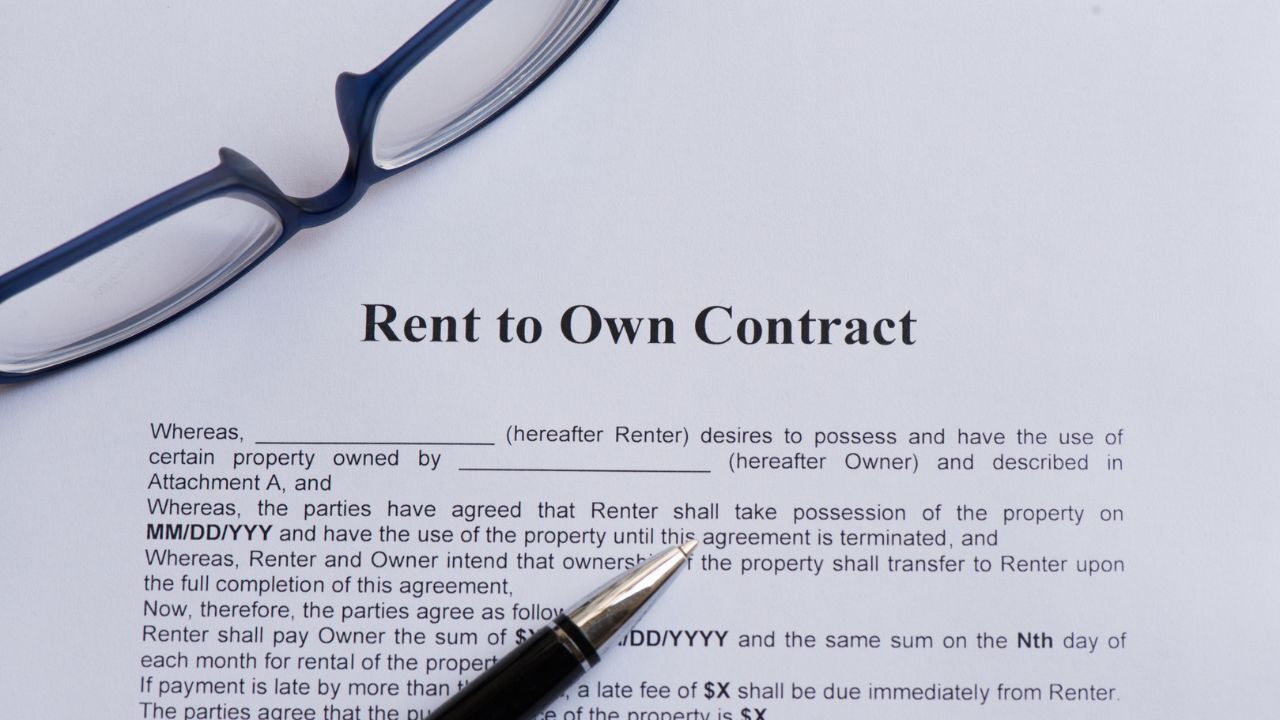 Selling your home is a major milestone, and preparation plays a key role in achieving a strong result. Buyers form opinions quickly, and thoughtful updates can influence both interest and offers. These steps help position your home to appeal to today’s buyers while maximizing value.
Selling your home is a major milestone, and preparation plays a key role in achieving a strong result. Buyers form opinions quickly, and thoughtful updates can influence both interest and offers. These steps help position your home to appeal to today’s buyers while maximizing value.
Partner With the Right Professionals
Working with an experienced real estate professional gives you a clear advantage. A knowledgeable agent can evaluate comparable homes, review recent sales, and help determine a competitive listing price. They also guide you on presentation, timing, and buyer expectations. It is also helpful to connect with a lending professional early to understand how your sale impacts your next purchase and financing options.
Study Current Market Conditions
Markets shift over time, even in familiar neighborhoods. Reviewing recent listings and sold properties provides insight into pricing trends, buyer demand, and average days on market. This information helps you prepare realistically and make confident decisions as you move forward.
Schedule a Pre-Listing Inspection
A pre-listing inspection can uncover potential concerns before buyers do. Addressing repairs in advance reduces the risk of delays or renegotiations later. It also shows buyers that the home has been well-maintained, which can increase confidence during the offer process.
Declutter and Depersonalize the Space
Buyers want to picture their own lives in the home. Removing personal photos, collections, and excess furniture helps create a clean, neutral environment. Clearing storage areas makes closets and cabinets appear more spacious. Short-term storage can be useful during this stage.
Deep Clean From Top to Bottom
A thorough cleaning makes a noticeable difference. Focus on baseboards, windows, flooring, fixtures, and high-traffic areas. Kitchens and bathrooms should feel spotless and fresh. Professional cleaning services can help ensure your home shows at its best.
Refresh With Neutral Paint
Fresh paint is one of the most cost-effective updates you can make. Light, neutral colors brighten rooms and appeal to a wider audience. A refreshed palette helps the home feel clean, move-in ready, and well cared for.
Boost Curb Appeal
First impressions begin outside. Trim landscaping, clean walkways, refresh exterior paint where needed, and create a welcoming entry. Small updates to lighting or the front door can significantly enhance how buyers perceive the home before stepping inside.
Preparing your home thoughtfully can lead to stronger interest, smoother negotiations, and a faster sale. If you are thinking about selling or planning your next move, we are happy to guide you through the process.
 As life changes, your home needs can change as well. Growing families, new hobbies, remote work, or lifestyle shifts often create the question many homeowners eventually face. Should you move into a larger home, or should you stay where you are and renovate? The answer is not always simple, and the right choice depends on your finances, your long-term goals, and how well your current home can adapt. As real estate professionals, we help homeowners evaluate these choices so they can move forward confidently.
As life changes, your home needs can change as well. Growing families, new hobbies, remote work, or lifestyle shifts often create the question many homeowners eventually face. Should you move into a larger home, or should you stay where you are and renovate? The answer is not always simple, and the right choice depends on your finances, your long-term goals, and how well your current home can adapt. As real estate professionals, we help homeowners evaluate these choices so they can move forward confidently. Buying a home is already a major decision, but when you are navigating a shared custody schedule, the process becomes even more personal and complex. Location, school boundaries, commute times, and daily logistics all play a larger role in your home search.
Buying a home is already a major decision, but when you are navigating a shared custody schedule, the process becomes even more personal and complex. Location, school boundaries, commute times, and daily logistics all play a larger role in your home search. Buying a fixer-upper can be a smart way to build equity, customize a home, and stay within budget in a competitive market. The challenge is knowing the difference between a great investment and a true money pit. As real estate professionals, we guide buyers through this decision every day. With the right preparation and the right expectations, you can choose a home with potential instead of one that drains your savings and your sanity.
Buying a fixer-upper can be a smart way to build equity, customize a home, and stay within budget in a competitive market. The challenge is knowing the difference between a great investment and a true money pit. As real estate professionals, we guide buyers through this decision every day. With the right preparation and the right expectations, you can choose a home with potential instead of one that drains your savings and your sanity. Buying a home is exciting, but the language of real estate can feel overwhelming if you are new to the process. Many buyers hear unfamiliar terms at showings, in listings, or during conversations with lenders. Understanding this language gives you more confidence and helps you make informed decisions as you move through your home search.
Buying a home is exciting, but the language of real estate can feel overwhelming if you are new to the process. Many buyers hear unfamiliar terms at showings, in listings, or during conversations with lenders. Understanding this language gives you more confidence and helps you make informed decisions as you move through your home search. Selling a home through a rent-to-own agreement can create a flexible path for both sellers and future buyers. This arrangement allows a tenant to live in the home while preparing to purchase it later, giving the seller steady income and a committed future buyer.
Selling a home through a rent-to-own agreement can create a flexible path for both sellers and future buyers. This arrangement allows a tenant to live in the home while preparing to purchase it later, giving the seller steady income and a committed future buyer.